Frontier & Fairgrounds

I’ve always been fascinated by how people survived—and sometimes thrived—amid harsh landscapes and new beginnings. From rugged deserts to traveling tents, this story world explores the grit, romance, and resilience of those chasing new lives across the untamed frontier.
But it’s not all prairie dust and wagon trails. The golden age of the circus beckons me too with all of its glitz, glamour, and seedy charm. Picture trapeze artists soaring under canvas tents, lion tamers risking their lives for the show, and wide-eyed townsfolk gathering for a taste of the strange and spectacular.
So saddle up and step inside—whether you're headed west or into the ring, adventure awaits in the spotlight... and the shadows.*
*Look for the raven 🐦⬛ to mark a scarier story.
The young girl’s family had come in from the Territory once the next-of-kin had been notified. It had been quite a shock and distress to them, because they hadn’t known where their daughter was. She had disappeared six months earlier, running away from home, and they hadn’t heard from her since.
Annie Jo squinted ahead. The rustlers hadn't seen them yet, by God's grace. This was the second theft in as many months. She had thought the extra precautions would stop it. Anger, sharp and bitter, rose in her throat as she watched her cattle driven further into the narrow pass.
To break the silence, and perhaps her own growing loneliness, Marian had started writing letters to her sister back east. In those missives, Hank became a shadowy presence, “the injured man,” “the quiet stranger.”
Mercy crossed her arms. She’d not laid eyes on Everett Tate in five years—not since he’d broken off their engagement with nothing but a note and a trail of boot prints heading west.
When she sang, everyone turned to listen. There was a profound silence in the Big Top, broken only by the ethereal clarity of her voice, a voice that soared and dipped like the swiftest of larks, weaving tales of longing and forgotten dreams.
He peered around the edge of the wagon. The men were still there, their shadows stretching long in the late afternoon sun. One of them, a burly fellow with a thick mustache, pointed at the wagon with a beer bottle in his hand.
The schoolhouse stood at the edge of town, a simple building with fresh whitewash and newly mended steps. Inside, she found the windows cleaned, the floorboards swept, and the stove blackened and ready for the coming winter.
Verity Hartley lay still in her narrow bed, the linen sheets crisp against her skin despite the warmth dawning beyond the glass panes. The larkspur grew just outside her window—planted by her own hand in memory of her mother—and it was from their gentle rustling, not the clamor of mining carts or the distant shouts of early risers, that she’d awoken. A lark chirruped atop the garden gate, its warble interrupting the morning hush.
A rifle shot cracked through the quiet, the bullet slicing past Jed’s ear with a hiss like an angry rattler. He kicked Comet into a hard gallop...
That night, as the townsfolk came from far and wide to see the show, Augie couldn’t shake the feeling in his gut. He could see it in his men’s shoulders, taut as rigging rope. But the show went on.
She dropped to her knees, the chill of the damp ground seeping into her skirts. The flowers had broken through despite the frost, their purple petals lifting toward the sky as if welcoming the sun’s hesitant return. A lump formed in her throat.
The cottage smelled of cinnamon bread, and my aunt was kneading dough at the kitchen table, humming, while my grandmother cradled Isadora, wrapped in a blanket embroidered with protective sigils and stars.
A splash of color caught her eye near the garden fence; delicate purple and yellow blooms pushing up through the thawing soil. Pansies.
Jed was a rider for the Pony Express, and tonight, he was carrying a vital message – news of a potential treaty with the Sioux, one that could mean peace or war. Jed had been riding for hours, swapping horses at relay stations every ten miles or so. His leather chaps were worn smooth, his face weathered like the canyons he traversed.
As the weeks passed, our connection deepened. The other performers had begun to notice, too. Marte and Edie teased me about it one mild evening after dinner. We had reached the northern edge of Texas, and we were all grateful for the warmer temperatures.
Henry stood beside her, his posture steady, his gloved fingers brushing hers in silent reassurance. He had asked her again that morning if she was certain, if she was truly ready to leave behind the name Ashcombe, to forge a new life without titles, estates, or expectations.
He held the door open, and we stepped through. The warmth of a potbelly stove was comforting. The shopkeeper nodded politely, and my aunt headed over to the fabric. Dr. Rigby led me to the back corner, where a few wooden shelves stood half-filled with books.
Eleanor nodded, letting him lead her down the main street, her boots clicking softly against the wooden planks of the walkway. At least it was cleared. The street looked like a muddy, slushy mess. She tried to ignore the curious glances from passersby, newcomers were surely noticed here.
The symbol of Scotland, its spiny leaves and defiant bloom a reminder that even the harshest lands could yield beauty. It had been her mother’s and her mother’s before that given to her by the leader of their clan.
The train jerked as it pulled into the station at Thistle Creek, steam billowing from the iron engine. Outside, the town was bathed in the golden glow of late afternoon. A row of wooden buildings lined the dusty main street, and beyond them, the towering peaks of the Rockies stood like silent sentinels.
She let out a breath, unfastening her cloak and laying it over the chair. “It’s not the Montrose estate, but it will do.”
Henry smirked, shrugging off his own coat. “I’d take this over a ballroom full of scheming aristocrats any day.”
Later, as I lay there, I thought about the doctor’s gentle hand on my back, the kindness in his eyes. He had a calm, quiet way about him. I remembered the palm reading my grandmother had done when she discovered I was with child. She had said the father would be a healer… a gentle man. Could that be him?
I missed being on the trapeze, flipping and flying through the air with my cousins, aunt, and uncle. Our grandmother was a fortune teller, and many people lined up outside her tent to get their palms read and have her gaze into their future in her crystal ball.
Eleanor met his gaze. She thought of Lord Rutledge, stranded on the Liverpool docks. She thought of the life she had left behind—the corseted expectations, the ballrooms filled with whispers, the future that had never truly been hers.
Eleanor’s heart pounded against the stiff bodice of her traveling gown. She had packed her finer clothes for a coarser cloak, hoping to conceal her identity, but it could not hide the tension in her posture, the urgency in her steps.
It had been a week since she had last seen him, and in that time, she had told herself a thousand times to forget. To push away the memory of his warm gaze and how, when he said her name, it felt like a caress.
Eight-year-old Eliza Mae Whitaker was a pioneer girl—and a tired one. Her feet ached. Her hands were dirty, and her stomach rumbled more often than not. Dust clung to every inch of her, and she could feel the sweat trickling down her back under the unrelenting sun.
The woman reached the crossroads. A wooden post with fading white paint stood in the middle; four different town names were written crudely on each side. Her fathomless eyes took in her surroundings.
He was fifteen years old, the circus rolled into town one crisp, autumn day. For a week the townsfolk patronized The Greatest Show on Earth.
Click here for my other categories of fiction.
Bloom & Bough
Twilight & Tallow
Victorian Vignettes
Unbound Pages
Off the Shelf - Fiction
Serials







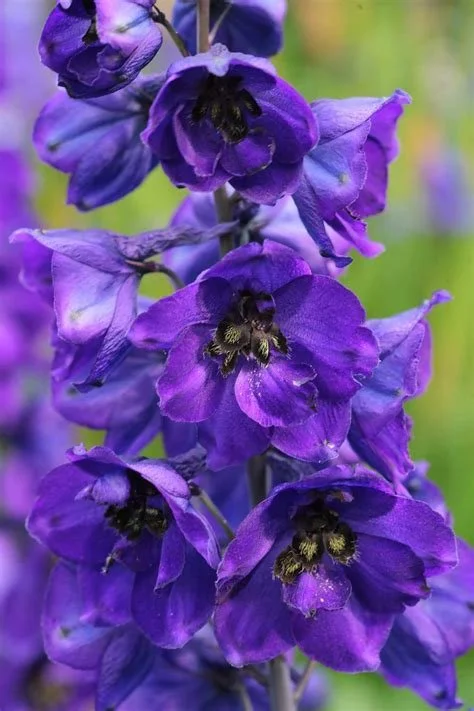
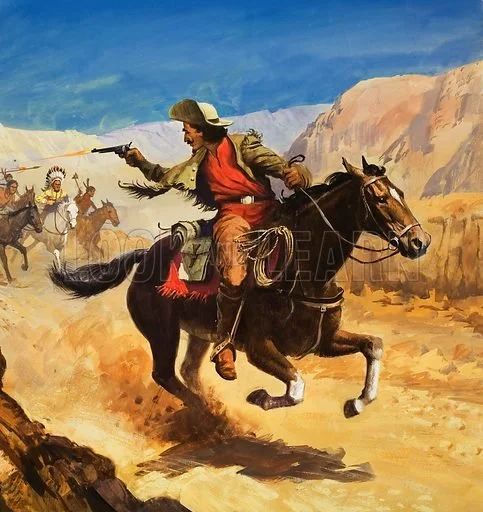
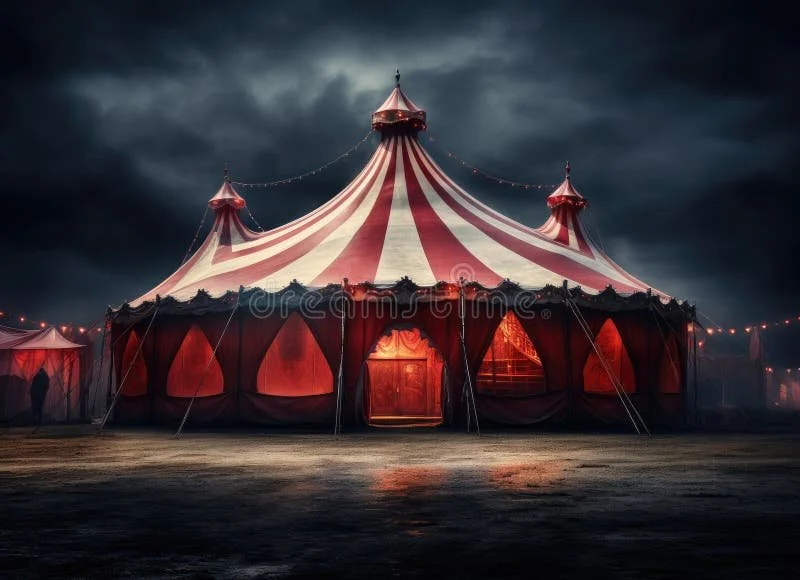
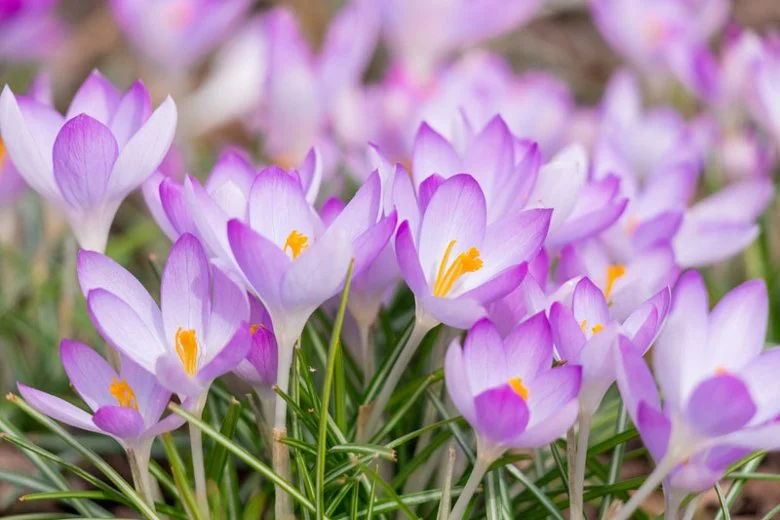
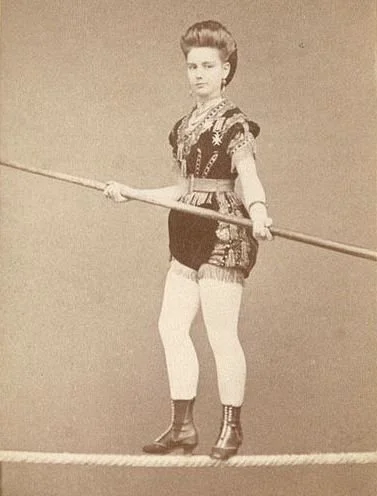

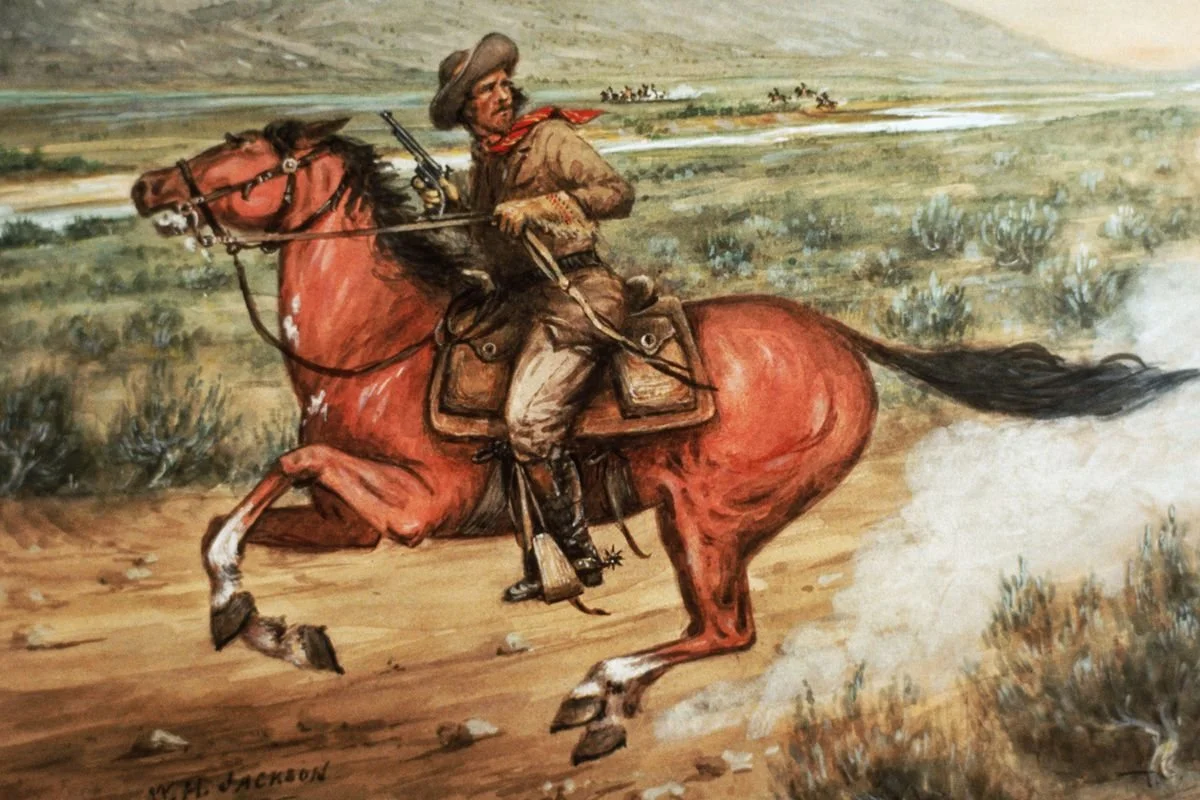
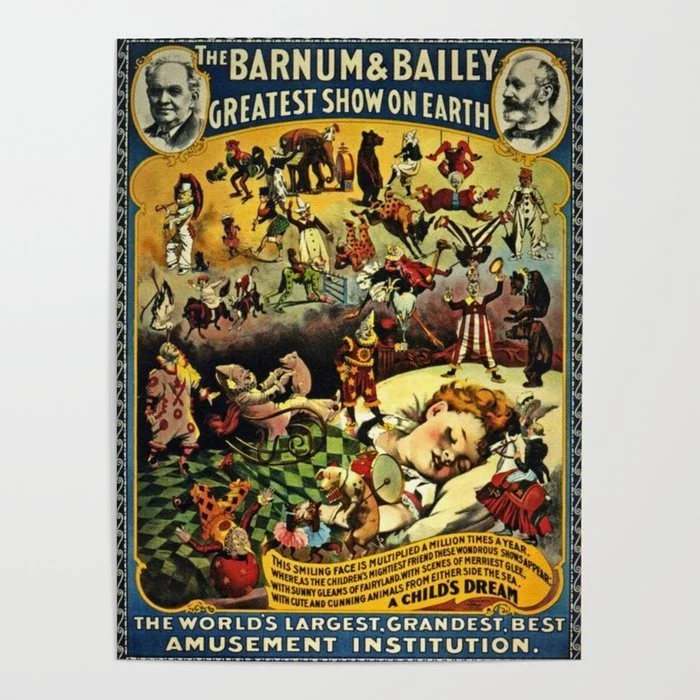

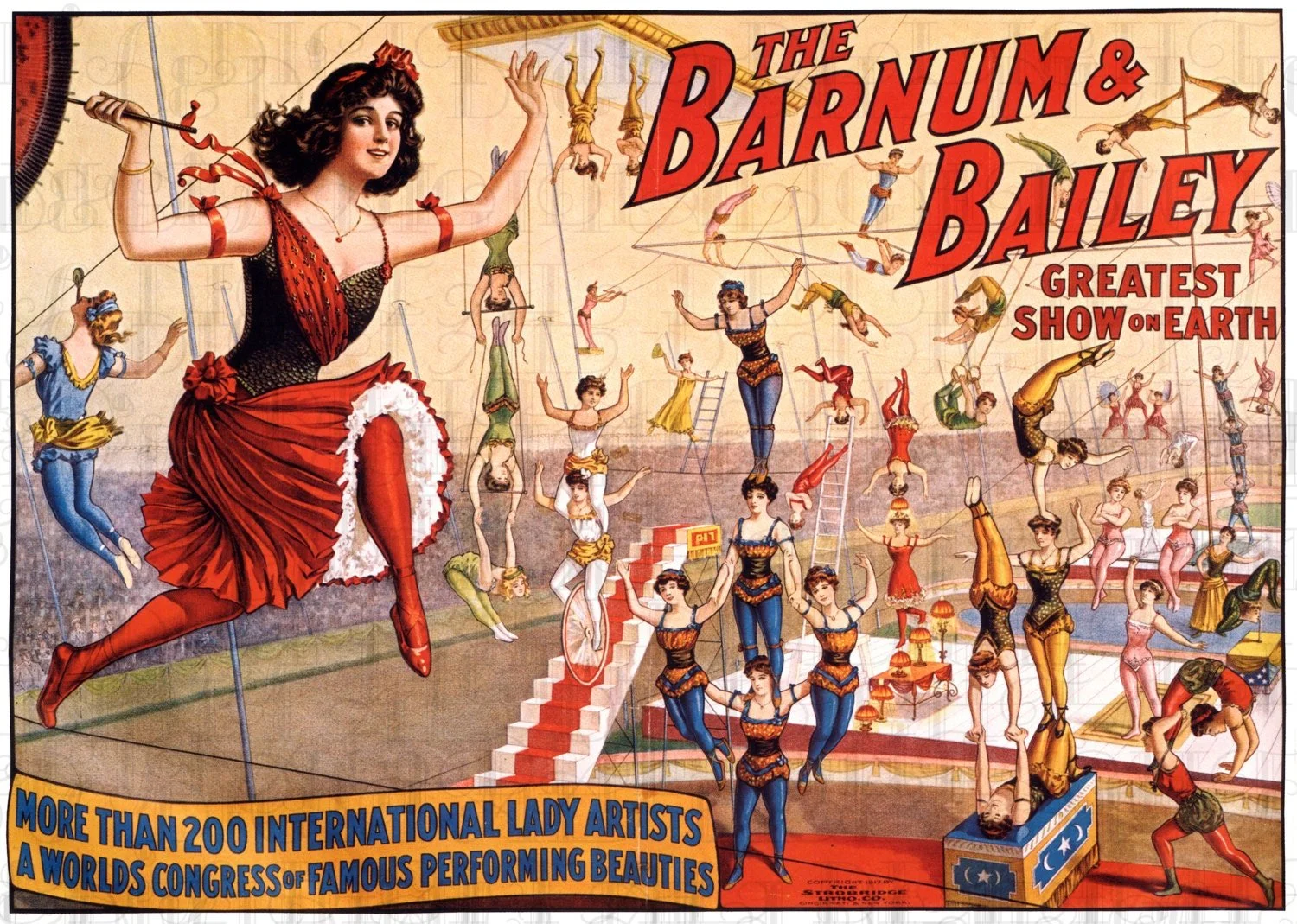
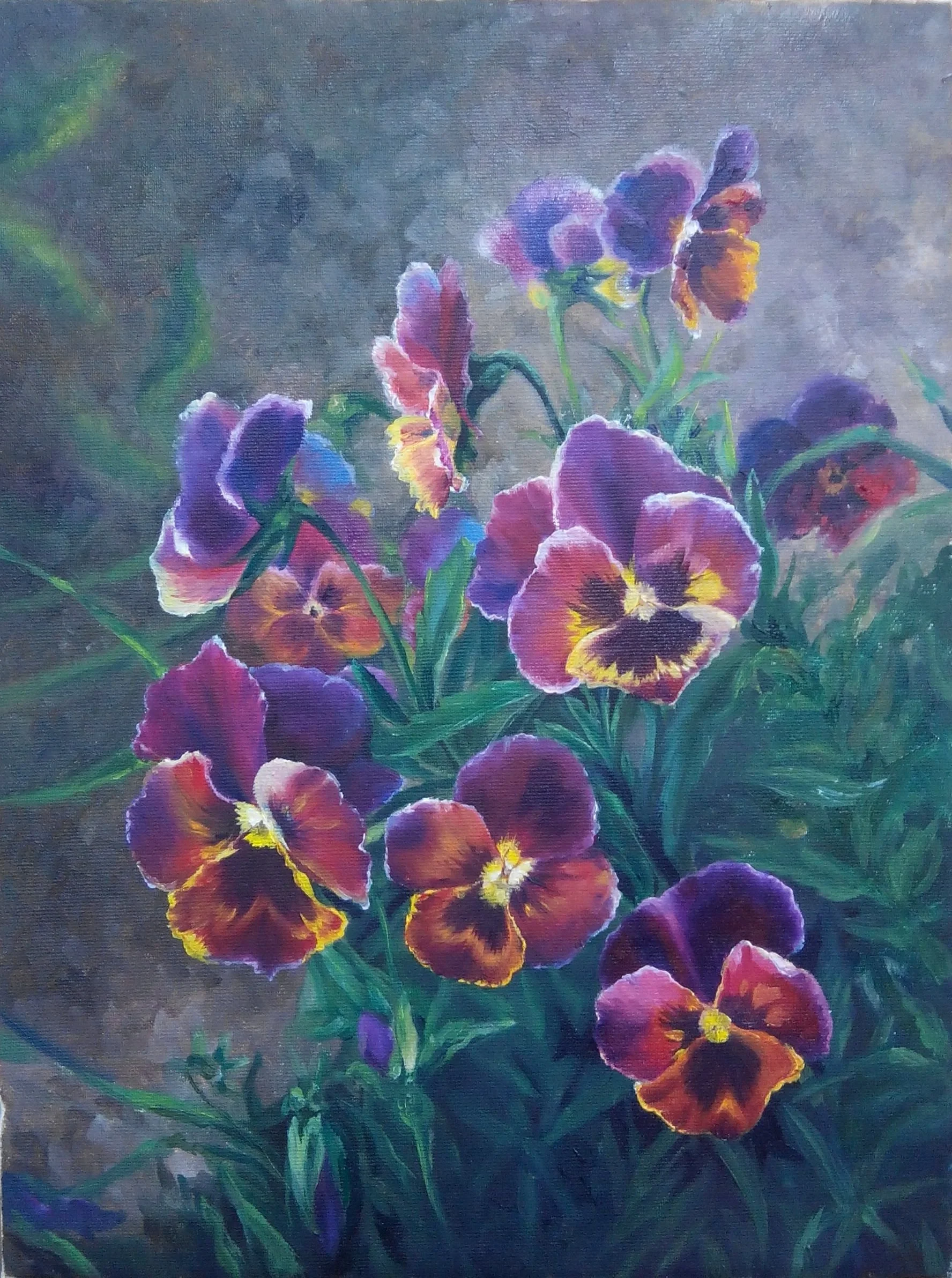
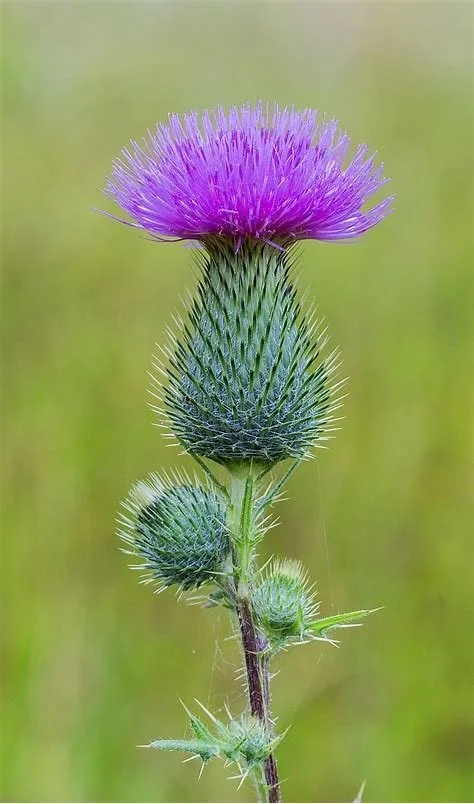
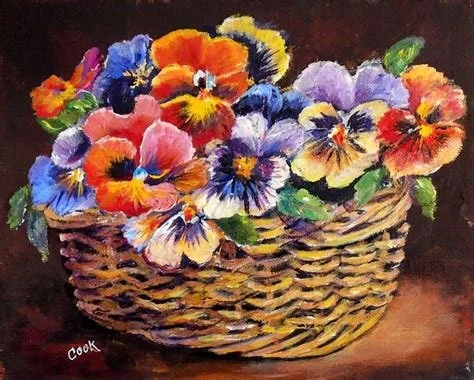
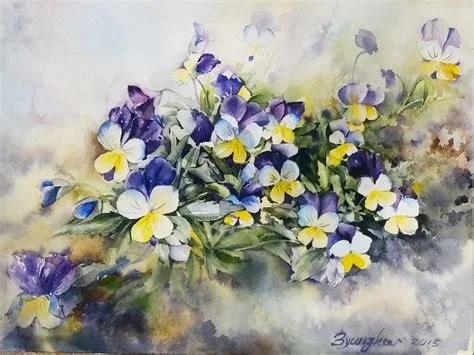
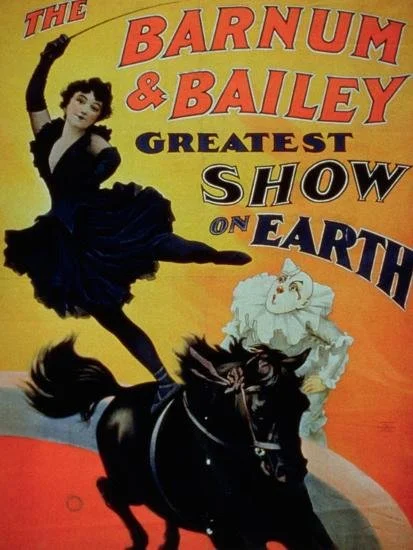
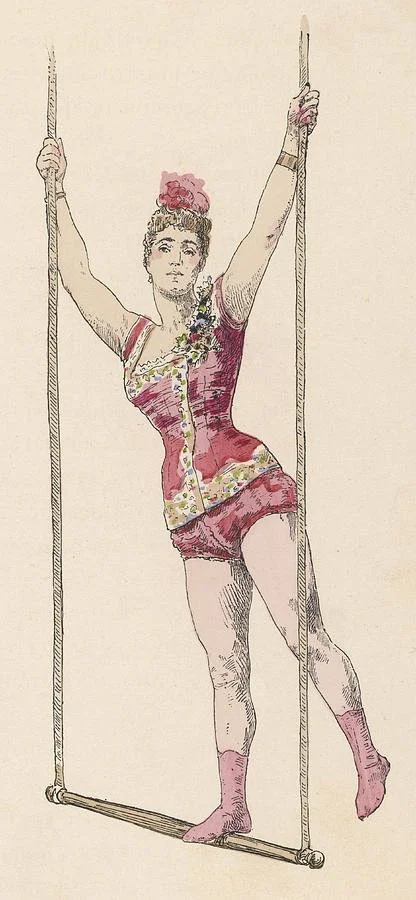
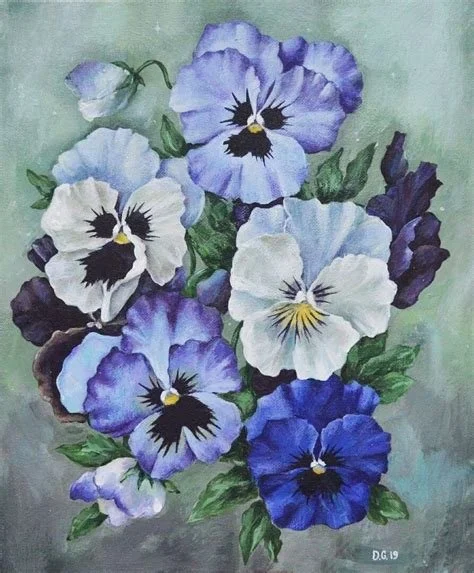
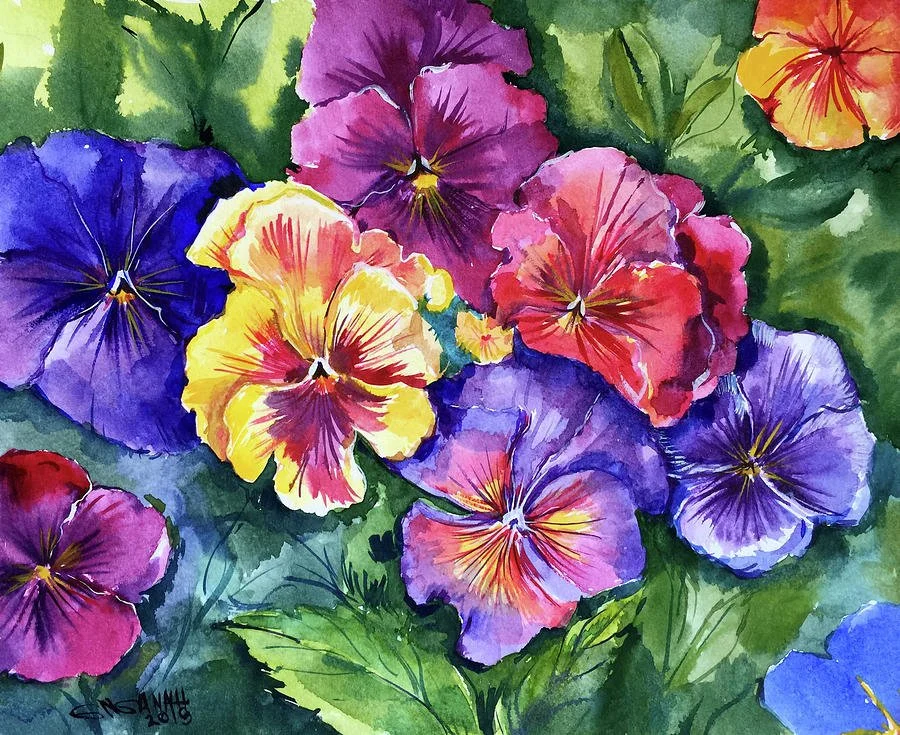
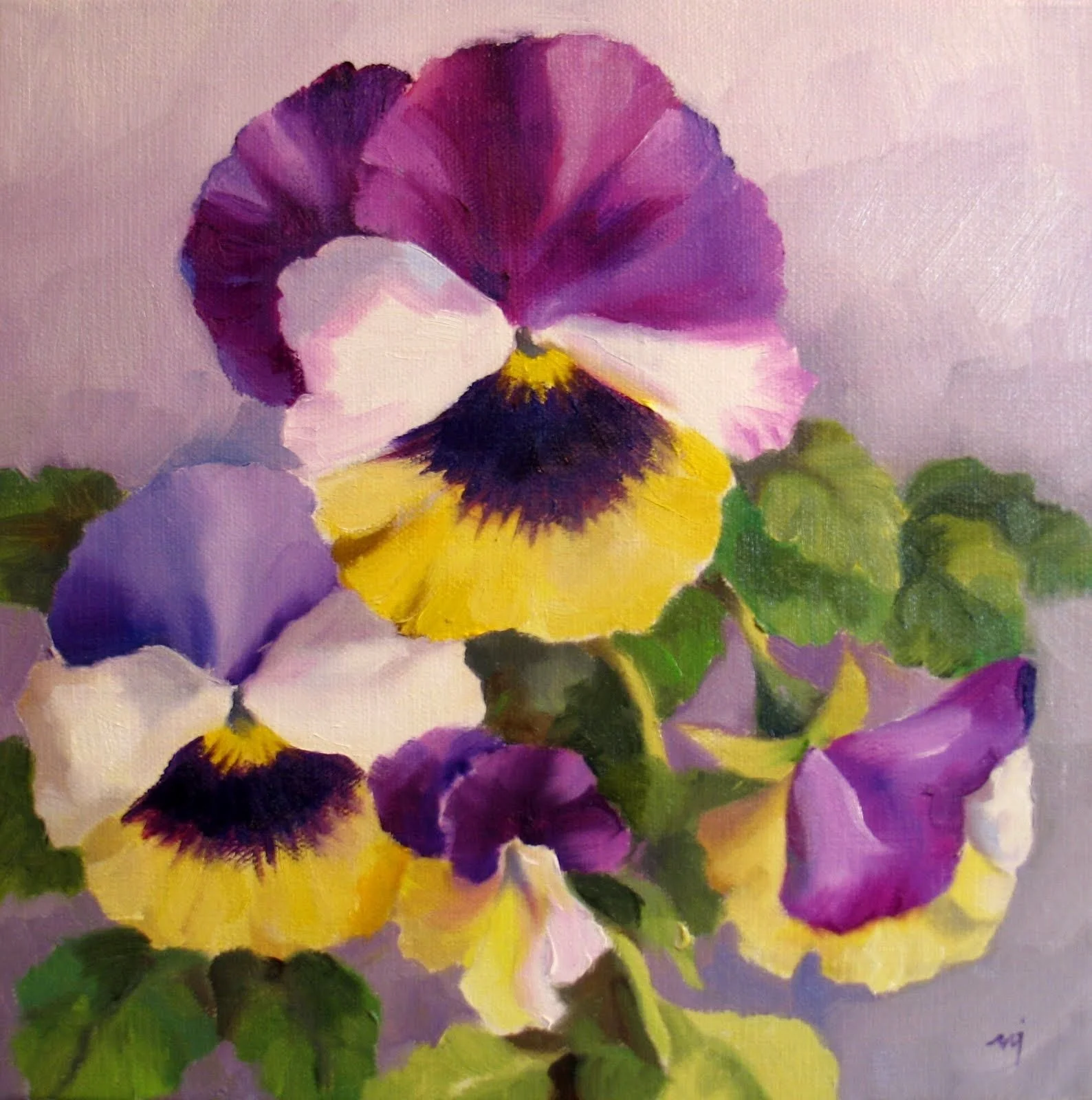

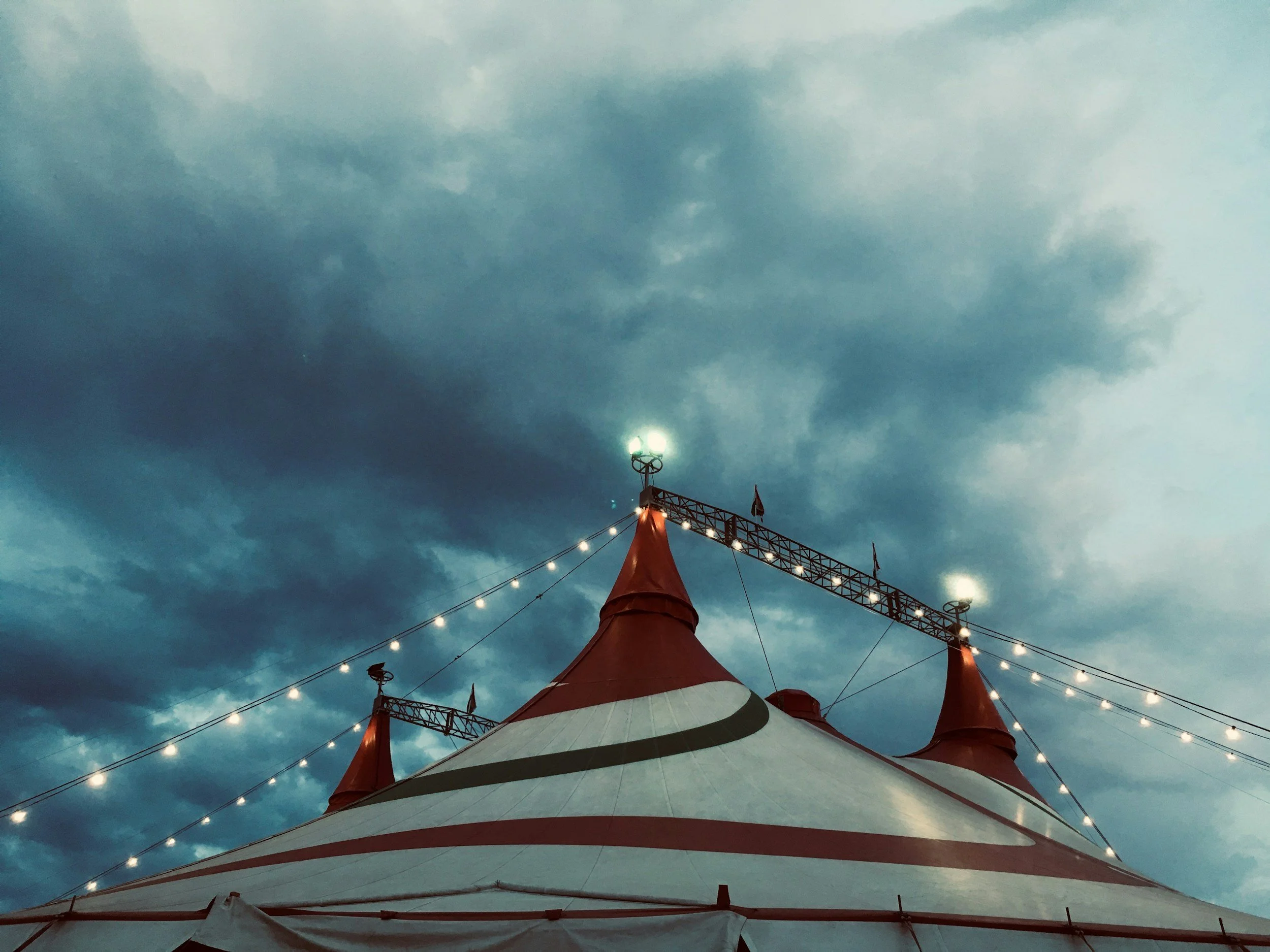
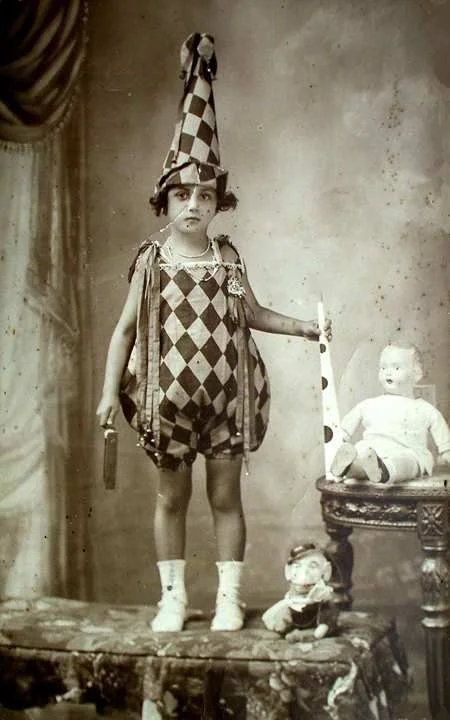

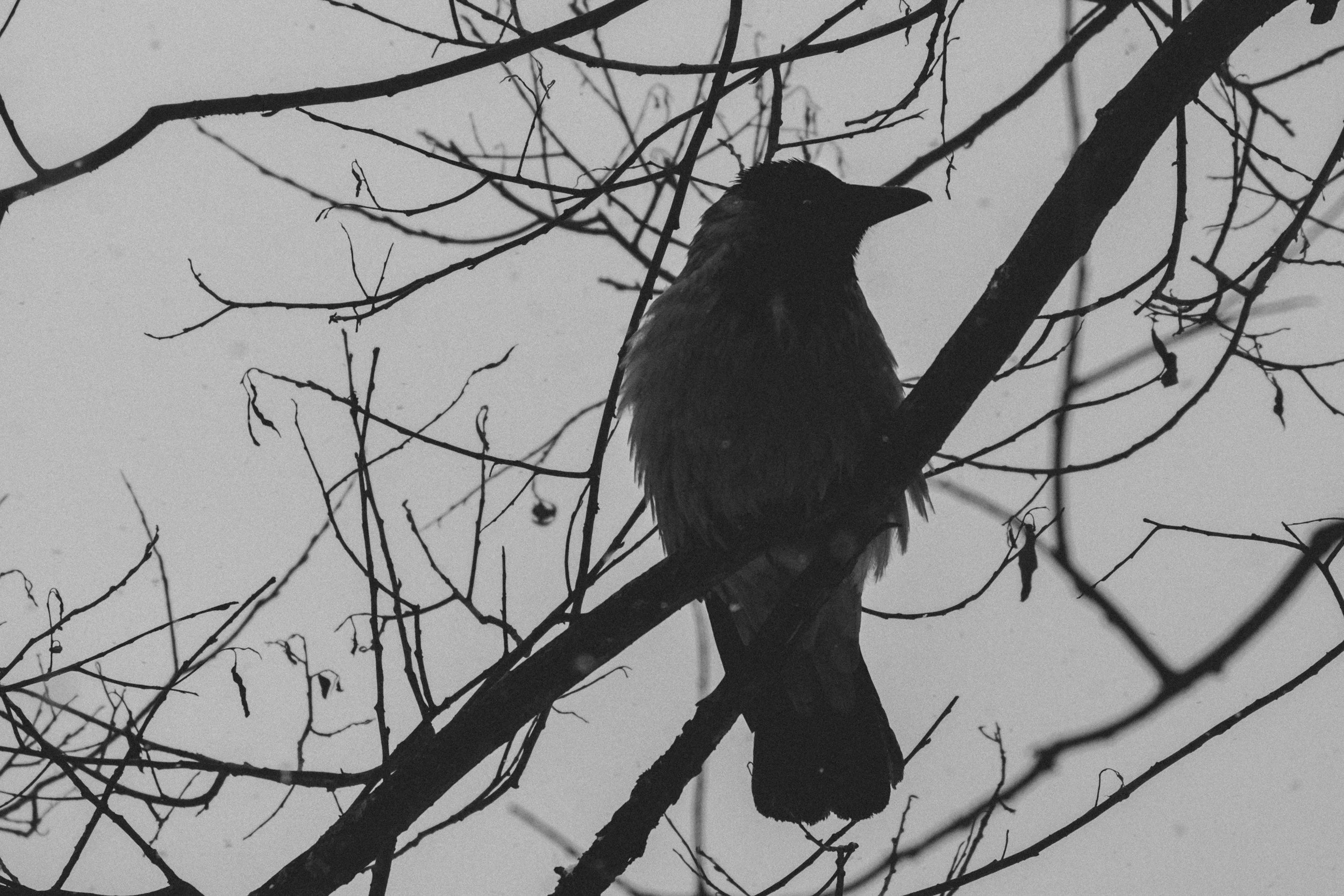




The three of them had been hired to watch the cattle on the lower range for Mr. Dugan. Right in the middle of the land sat the old ranch house. The family had long since left, but the stories stuck around like burrs on a mule’s tail.